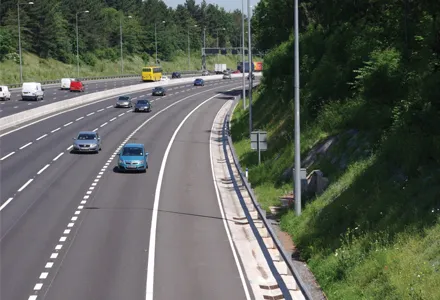Consultant Parsons Brinckerhoff is supporting Cornwall Council in its bid to secure central government funding for a major highways scheme on the A30 near Bodmin. Funding for the scheme was announced at the end of 2012 in the Chancellor’s Autumn statement. The work will involve widening a 4.2km route between Temple and Higher Carblake to dual carriageway. The A30 is the main highway connecting Cornwall to the rest of the UK, and is critical to the local economy. The single carriageway section at Temple, loc
March 4, 2013
Read time: 2 mins
Consultant 2693 Parsons Brinckerhoff is supporting Cornwall Council in its bid to secure central government funding for a major highways scheme on the A30 near Bodmin. Funding for the scheme was announced at the end of 2012 in the Chancellor’s Autumn statement. The work will involve widening a 4.2km route between Temple and Higher Carblake to dual carriageway. The A30 is the main highway connecting Cornwall to the rest of the UK, and is critical to the local economy. The single carriageway section at Temple, located 50km from Truro, is a major bottleneck causing frequent and significant delays with queues of up to 14km a common occurrence in peak conditions. Parsons Brinckerhoff used its expertise in transport economics to develop an outline business case on behalf of the Council. This demonstrated the significant transport, economic and safety benefits of the scheme, and critically highlighted its fundamental role in the local economy. It demonstrated the scheme would provide benefits in excess of €135.35 million (£117 millon) to the Cornish economy. The funding announcement ensures that work to develop the scheme will continue, with construction due to start in 2015.









